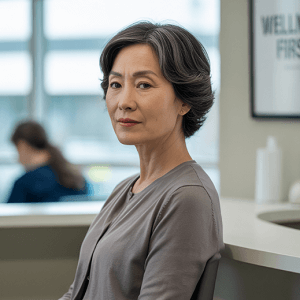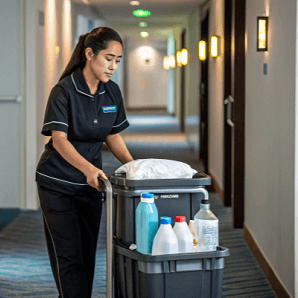A recent study published in the Journal of the American College of Radiology highlights the significant impact of health-related social needs (HRSNs) on cancer care. The research, led by Dr. Angelica Gordon from the University of California, Irvine, reveals that patients with unmet social needs are more likely to miss critical imaging appointments, which can delay diagnosis and treatment.
The study analyzed data from 3,495 cancer patients who completed an oncology wellness form between January 2022 and September 2023. The form assessed various HRSNs, including financial strain, lack of transportation, and housing instability. Of the patients who reported HRSNs, 70% missed at least one imaging appointment within three months. Financial hardship was the most common issue, affecting 82.9% of those with HRSNs, followed by transportation (40.2%) and housing concerns (37.5%).
These findings underscore the complex interplay between social determinants of health and medical care. Patients facing financial difficulties, transportation barriers, and unstable housing are at a higher risk of missing essential medical appointments, leading to poorer health outcomes. The study calls for integrating community resource referral systems with electronic medical records and fostering partnerships with community organizations to address these unmet needs.
Addressing HRSNs is crucial for improving cancer care and ensuring timely access to diagnostic imaging. By prioritizing at-risk patients and optimizing resource allocation, healthcare providers can help mitigate the impact of social disparities on cancer outcomes.
See: “Health-related social needs can lead to missed cancer imaging” (April 9, 2025)



